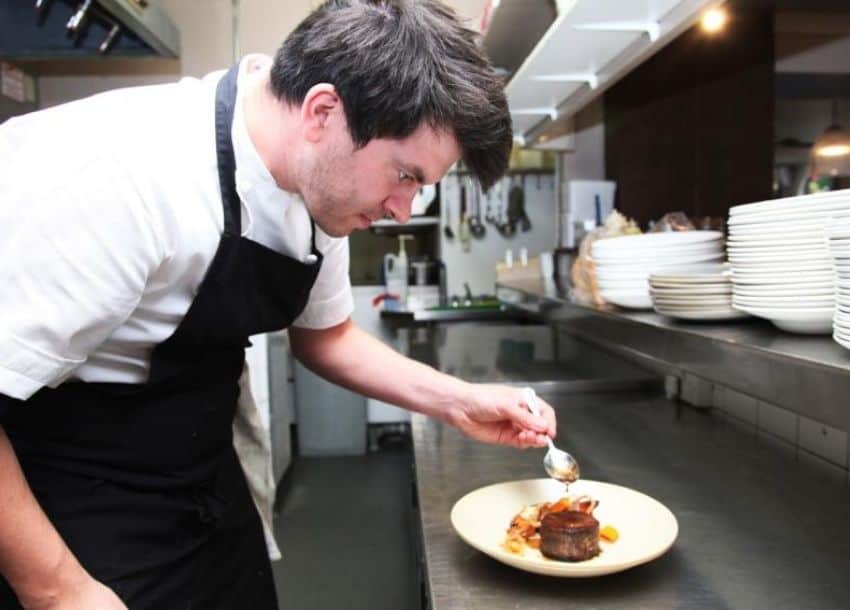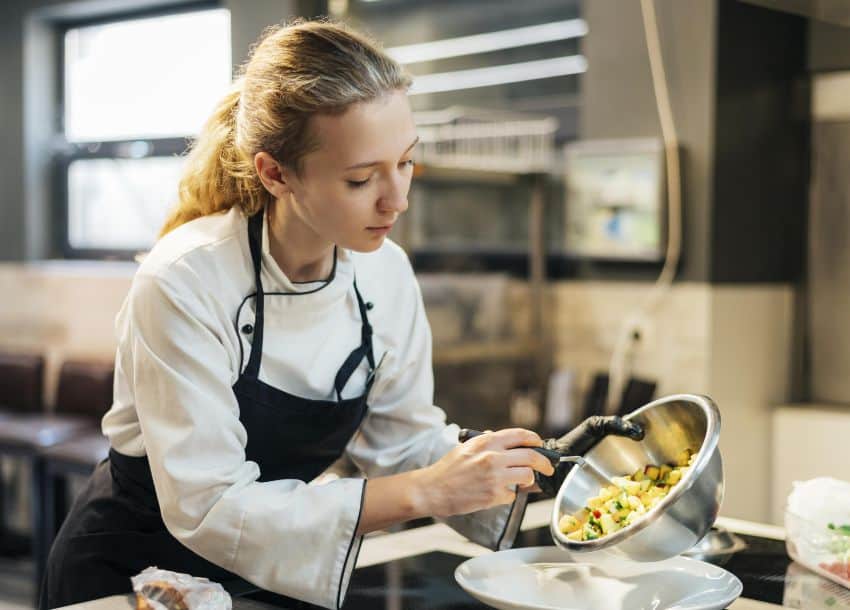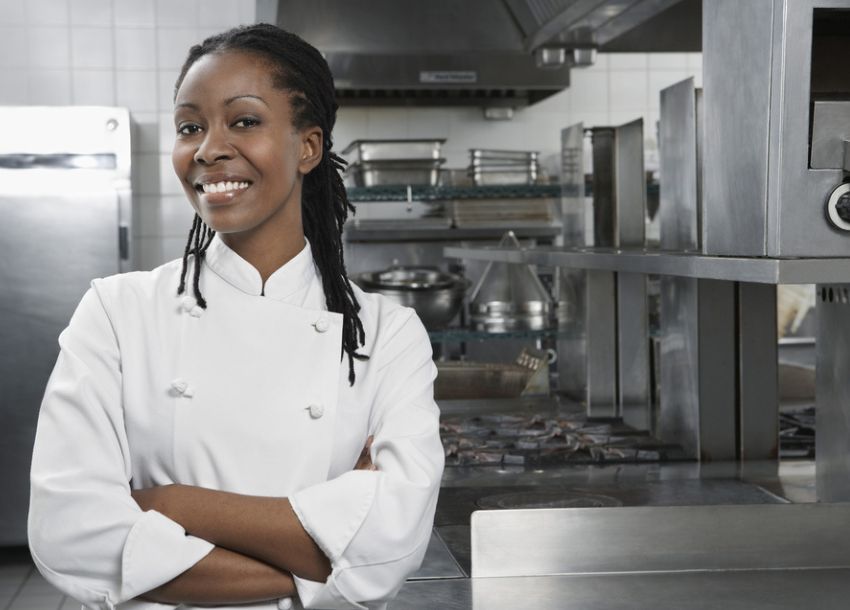How to Write a Commis Chef CV
- Job Hunting & CVs
- Sep 18
- Share post
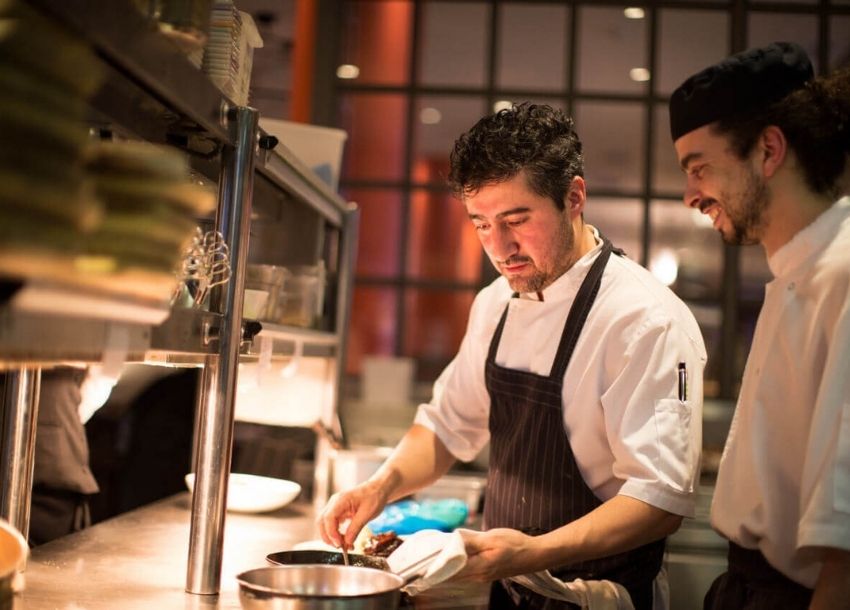
Your commis chef CV is the first step to getting through the kitchen door. As an entry-level chef role, it’s often the launchpad for your culinary career. But while you may not yet have years of experience, your CV still needs to prove to head chefs and managers that you have the passion, discipline and potential to thrive under pressure.
This guide will show you exactly how to write a commis chef cv that stands out – with structure, examples and tips to help you land interviews and grow your career in hospitality.
Why your Commis Chef CV matters
Your commis chef CV is more than a document that lists courses and part-time jobs – it’s your chance to show that you’re ready for life in the kitchen. Employers, usually head chefs or kitchen managers, don’t have time to hunt for information. They’ll give your CV seconds of attention before deciding if you’re worth interviewing. A clear, well-presented CV shows them that you’re serious about the role they are recruiting for.
Key sections to include in a Commis Chef CV
Contact details
Start with your name, phone number, email and location. Keep it simple and double-check for accuracy. Mistakes here can cost you an interview.
Personal statement for a Commis Chef CV
This short paragraph should capture your passion for food, your eagerness to learn and your commitment to teamwork. Even two or three sentences can make you stand out.
Skills to highlight in a Commis Chef CV
Bullet points work best. Examples include:
- Knife skills and basic prep techniques.
- Strong teamwork and communication.
- Organisation and time management.
- Willingness to learn and take instruction.
- Knowledge of food hygiene and safety practices.
Employment history
Most commis chefs don’t have long experience. That’s fine – include any part-time jobs, apprenticeships, or stages that you have completed. Focus on what you achieved:
- Assisted with mise en place for 40+ covers per service.
- Supported senior chefs during high-pressure dinner shifts.
- Maintained cleaning schedules to meet hygiene standards.
Education and training
List qualifications in reverse order. GCSEs, A levels, or equivalent are fine, but don’t forget to include culinary diplomas or food hygiene certificates (Level 2–3 is common).
Additional interests
Optional, but useful if they reflect your passion. For example: food competitions, baking at home, or culinary courses. Keep it short and relevant.
References
Either include referees or write “Available on request”. Always have at least two contacts prepared.
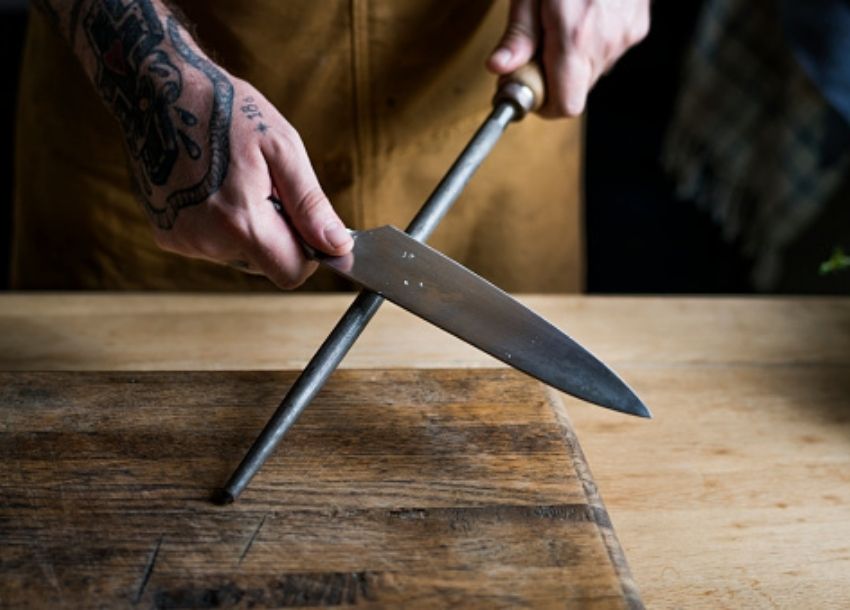
Tips to make your Commis Chef CV stand out
- Keep it concise – no more than two pages.
- Tailor it for the venue – restaurants, pubs and hotels value different skills.
- Highlight transferable skills if you lack direct kitchen experience.
- Use bullet points to make it easy to scan.
- Proofread carefully – spelling mistakes can cost you an interview.
Examples of commis-level achievements
Employers want to see evidence of your effort, even in entry-level roles. Examples might include:
- Helped prepare and plate 100 desserts during a banquet service.
- Assisted in training a new kitchen porter on hygiene standards.
- Completed mise en place under strict time deadlines.
- Recognised by the head chef for reliability and positive attitude.
Common mistakes to avoid in your Commis Chef CV
- Writing long paragraphs instead of bullet points.
- Leaving out food hygiene qualifications or certificates.
- Sending the same CV to every employer without tailoring.
- Typos, poor formatting, or outdated contact details.
Final thoughts
Your commis chef CV doesn’t need to be long to be effective. Focus on what you can do, what you’ve achieved and the passion you bring to the kitchen. Even without years of experience, a clear and well-structured CV proves you’re ready to step into this entry-level chef role.
–
FAQs
How long should a Commis Chef CV be?
Keep it to one or two pages. Employers and Recruiters want concise and clear information.
What skills should I list on a CV?
Knife skills, teamwork, organisation, time management and knowledge of hygiene standards.
Can I write a Commis Chef CV with no experience?
Yes – focus on transferable skills from training, education, or other jobs and emphasise your eagerness to learn.
Do I need to include education?
Yes – list school qualifications plus any culinary training or certificates. These matter at entry level.
What’s the best format for a Commis Chef CV?
Reverse-chronological with bullet points and achievements. Keep the layout simple and professional.
You might also find these useful:
Comments
Add a comment
Leave a Reply · Cancel reply
You must be logged in to post a comment.

